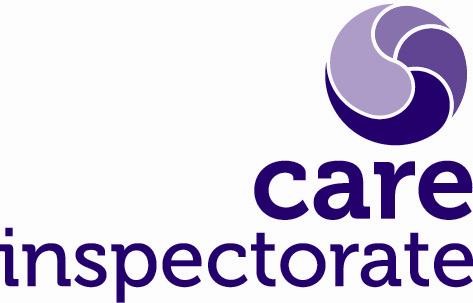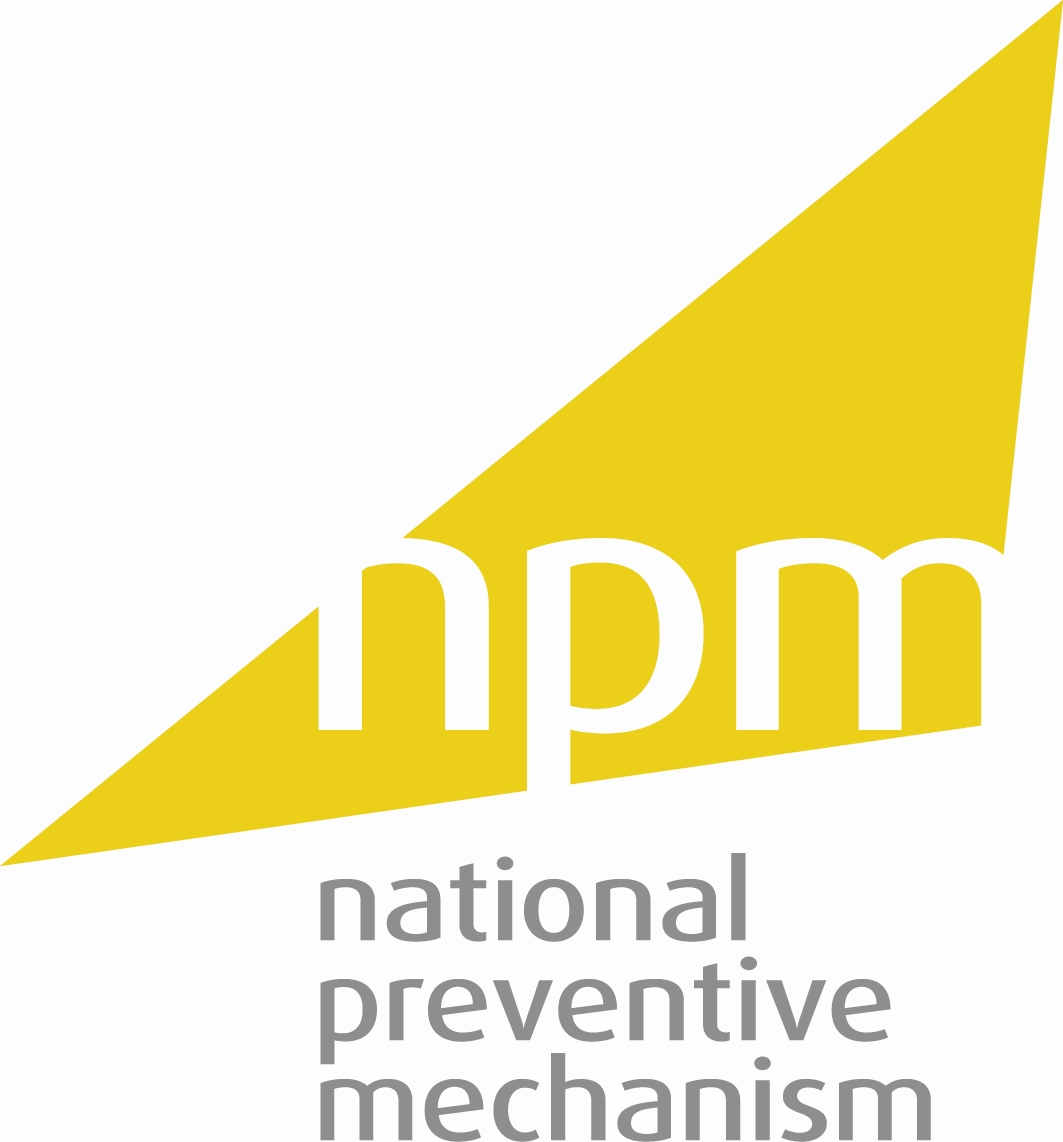Early learning and childcare profiles
Early learning and childcare profiles, by local authority
We have created early learning and childcare local profiles to assist local authority planning for the expansion of early learning and childcare in Scotland.
These profiles are a valuable source of information about daycare of children services in local authority areas. They include information about: number of services and capacity; funded places; trends in children registered; registered children by age; service quality; sessions and opening times; SIMD and urban/rural classification; staffing and vacancies; population estimates and projections; and an early learning and childcare service list of the area.
The profiles focus on those services that provide early learning and childcare (children and family centres, nurseries and playgroups) while our early learning and childcare statistics publication also provides information about out of school care, holiday playschemes and creches.
We welcome any feedback, queries and ideas for improvement for these profiles; please email This email address is being protected from spambots. You need JavaScript enabled to view it.
Early Learning and Childcare Profiles, as at 31 December 2016
Early Learning and Childcare Profiles, as at 31 December 2017
Early Learning and Childcare Profiles, as at 31 December 2018
Read more
Duty of Candour
The new duty of candour came into effect on 1 April. It affects all health, social work and care services except childminders. It means that services must take specific steps to carry out their duty of candour when a serious adverse event happens. They will need to let the people affected know, offer to meet with them, and apologise. This is an important part of being open with people who experience care, and also learning from things that go wrong.
Starting from April 2019, care services and social work services must, by law, produce a short annual report showing the learning from their duty of candour incidents that year, publish it, and notify us that it has been published. That means the first annual report services produce will cover the period April 2018 to April 2019.
Regulations and guidance about the duty of candour process have been issued by the Scottish Government and you can find it here. It has also issued a guidance letter, which you can read here. An online learning module is available now. This explains more about the duty of candour and helps services and their staff understand their obligations. We strongly encourage services and their staff to undertake this module here.
We have included a question in our notification forms, “does this incident trigger the duty of candour?” This allows us to collect data on how the duty is being implemented and help embed awareness.
The first annual duty of candour reports will be due after April 2019 and it is important that services plan ahead. Even if there are no incidents to which the duty applied, a short report will still be required, as it must contain information about staff training on the duty of candour.
For social work services, we will ask local authority chief social work officers to notify us that they have published a duty of candour report after 6 April 2019.
For care services, we will amend future annual returns, to ask services if they have published a duty of candour report.
From April 2019, we may ask to review services’ duty of candour reports or examine them as part of our overall scrutiny of care services.
Our role in developing the reporting and monitoring
The Scottish Government asked the Care Inspectorate to chair a small working group looking at how the reporting should take place, and what kind of monitoring should happen.
The group comprised key representatives from health and social care and was chaired by the Executive Director of Strategy and Improvement at the Care Inspectorate. It concluded its work in February 2017.
It made a series of recommendations and you can read the report here. For regulated services, the group recommended that the Care Inspectorate and Healthcare Improvement Services should try to integrate the reporting and monitoring into existing notification processes, to make it simple for providers.
The group recommended that health boards and social work departments should be free to select the best way to record information, and provided a series of template reports showing how annual reports should be made.
The Scottish Government responded to the report and you can read its response here. For more information on the duty of candour, there is lots of helpful information on the Scottish Government website here.
Read more
Link inspectors and relationship managers
The Care Inspectorate provides a designated link team for local authorities and strategic partnerships. This is because there are multiple services of different types and a need for regular planned contact to discuss emerging issues across the breadth of their work. Link teams consist of a strategic inspector, who is responsible for scrutiny carried out at authority or strategic partnership level; a relationship manager for adult care services and complaints about care services; and a relationship manager for children’s care services and registration.
Relationship managers also provide a designated point of contact for larger providers who operate multiple services.
Managers responsible for services for children also link to each of the six regional collaboratives that have now been established across the country.
Named strategic link inspectors and relationship managers can be found here.
Find information on the link inspector role for council and partnership staff here.
You can get information about the link inspector for a particular local authority area by e-mailing the strategic support team at This email address is being protected from spambots. You need JavaScript enabled to view it.
Read more
National Preventive Mechanism
The Care Inspectorate is a member of the National Preventive Mechanism (NPM), a group of organisations designated to monitor the treatment and conditions of those people who have been deprived of their liberty.
The NPM’s Eighth Annual Report was published on 20 February 2018. It gives an overview of members’ work monitoring detention across the UK from 1 April 2016 to 31 March 2017 and the NPM’s joint, thematic work on transitions and pathways between different detention settings.
The NPM was established pursuant to the Optional Protocol to the Convention against Torture and Other Cruel, Inhuman or Degrading Treatment or Punishment (OPCAT). OPCAT is an international human rights treaty designed to strengthen the protection of people deprived of their liberty, including requiring each state party to set up a national level body (known as a National Preventive Mechanism) that can support efforts to prevent their ill treatment. The aim of an NPM is to prevent torture and other cruel, inhuman or degrading treatment or punishment from taking place.
Central to OPCAT is the idea that a system of regular, independent visits to places of detention can serve as an important safeguard against abuses, and prevent torture and ill-treatment in places that by their very nature fall outside the public gaze.
Specific requirements of an NPM
To comply with OPCAT, members of the National Preventive Mechanism, such as the Care Inspectorate, must have certain powers. These include the power to:
- inspect all places of detention
- access all information relating to detainees
- interview detainees in private
- choose where to visit and who to speak to
- make recommendations based on human rights norms to relevant authorities
- make proposals and observations on existing or draft legislation.
The Care Inspectorate has these powers in respect of secure care for children. We also work closely with HM Inspectorate of Prisons in Scotland and support some of their inspections.
They recently published Isolation in Detention guidance. The guidance provides a framework that NPM members will apply when examining the issue and making recommendations, and aims to improve consistency of approach. It allows NPM members to identify and promote good and improved practice.
The UK’s National Preventive Mechanism
The UK ratified OPCAT in 2003, expressing its commitment to prevent torture and ill-treatment in places of detention.
The UK’s National Preventive Mechanism was formally designated in 2009 and is now made up of 21 member organisations whose official functions include monitoring and inspecting places of detention.
Across the UK, different detention settings are visited or inspected by different NPM members. The UK NPM is coordinated by HM Inspectorate of Prisons and decision-making is guided by a steering group, which is made up of representatives from NPM members in the four nations.
Each NPM member has a different mandate, powers and geographical remit, and sets its own priorities for detention monitoring as well as contributing to joint NPM priorities.
The Care Inspectorate is actively involved in the UK NPM work, including involvement in three of its four sub-groups:
- Mental Health Network
- Children and Young People’s sub-group
- Scottish sub-group.
Scotland
The Scottish members of NPM are:
- Care Inspectorate
- Her Majesty’s Inspectorate of Constabulary in Scotland
- Her Majesty’s Inspectorate of Prisons for Scotland
- Independent Custody Visitors Scotland
- Mental Welfare Commission for Scotland
- Scottish Human Rights Commission
The Scottish sub-group coordinates NPM activities in Scotland, provides support to NPM members, raises the profile of the work of the NPM and improves liaison with the Scottish Government. It is chaired by the Scottish member of the Steering Group, currently the Mental Welfare Commission for Scotland.
Read more
eForms guidance
Before using the eForms system for the first time, we recommend that you clear your browser’s cache and cookies. For instructions on how to do this, click here.
We recommend that you keep your browser versions up to date to ensure your security settings are maintained.
If you are using Internet Explorer, please note that version 10 or lower is no longer supported. You should update your browser if you are using an older version (you may need to update your operating system to do this). Alternatively you can use a different browser, such as Chrome or Firefox.
Please see the video below for more information.
Further information on:
Click here to continue to eForms login
Read more



